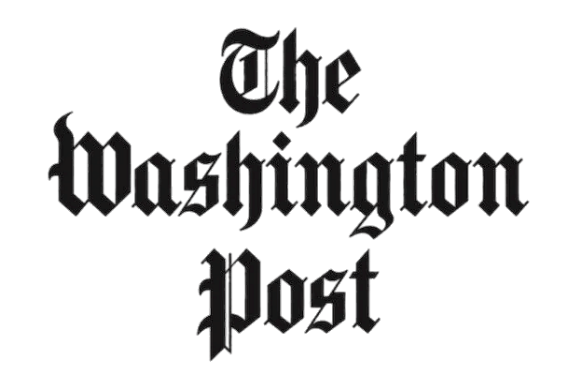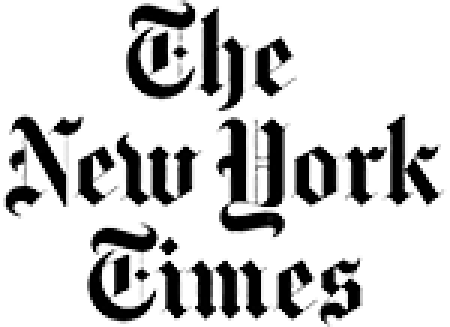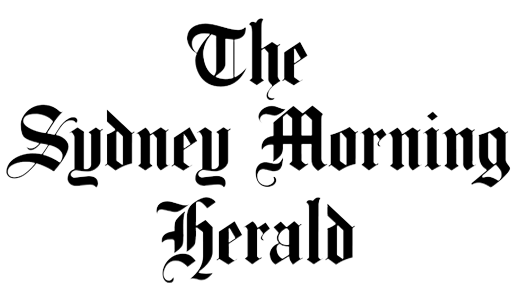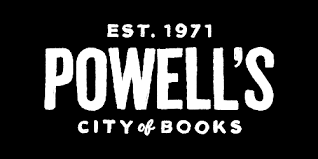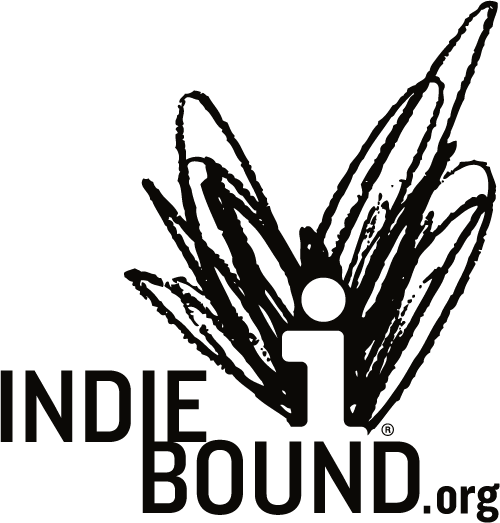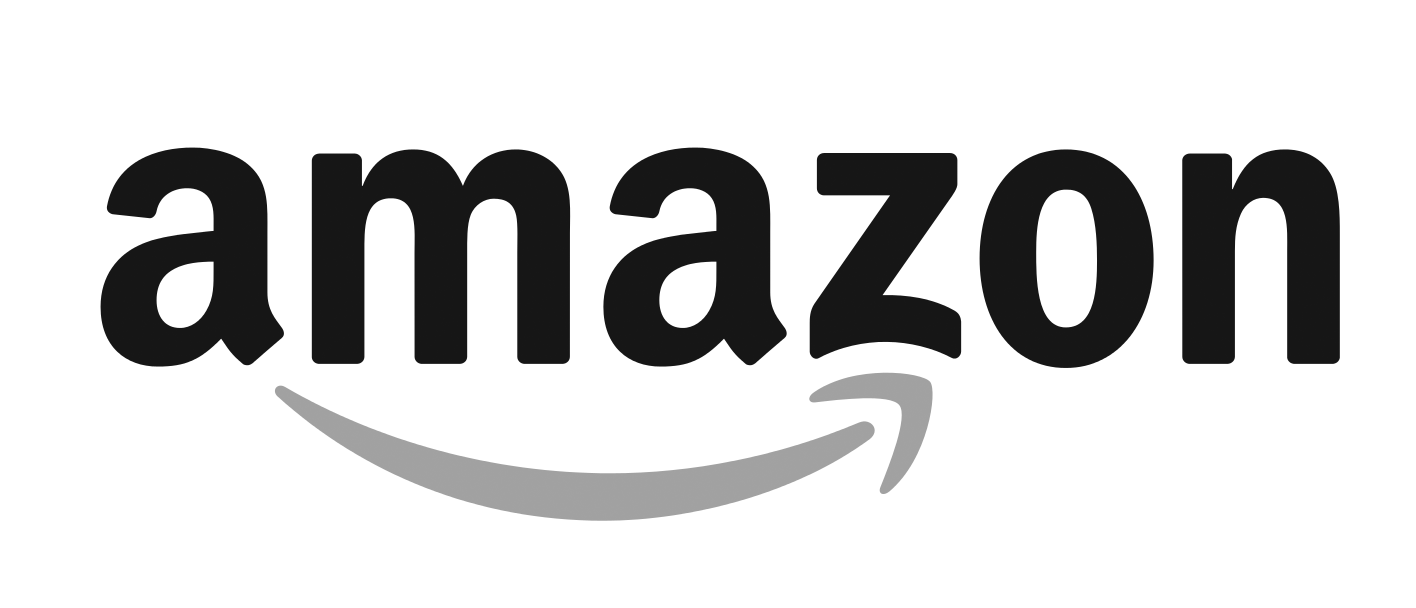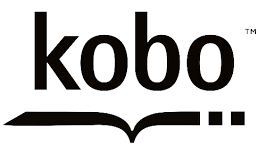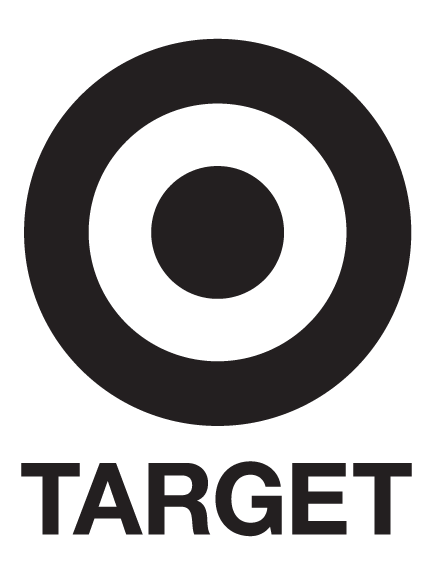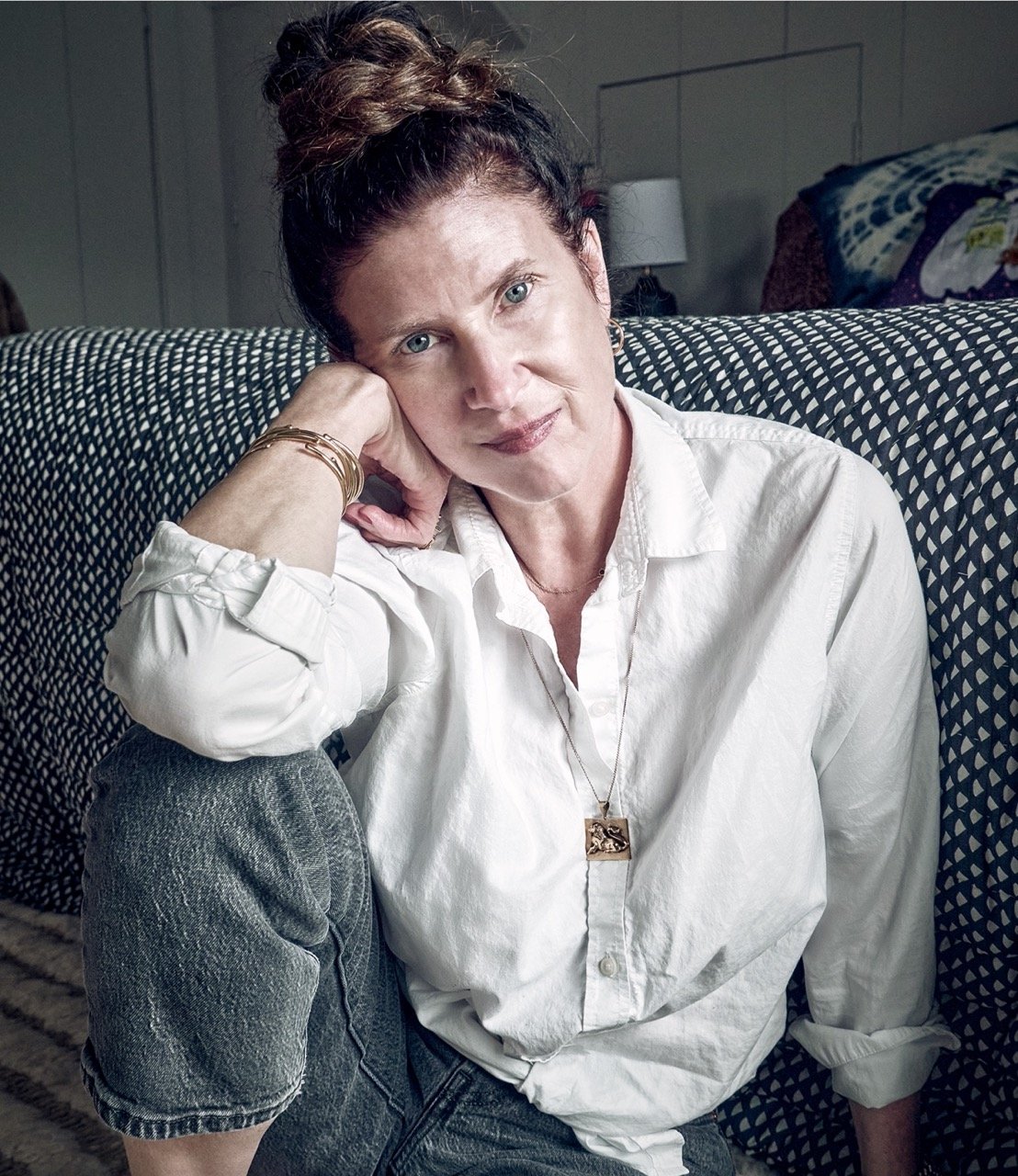

I’m Bethany, an author and literary agent. Welcome to my bookish world.
“A profound and beautiful work…searingly honest, brazenly fresh, and strikingly rich.”
—ANDREW SOLOMON, New York Times bestselling author and recipient of the National Book Award
Testimonial
“Bethany Saltman will be your guide and your companion, your confidante and your inspiration. Welcome to making sense of our lives from the inside out."
— DR. DAN SIEGEL, MD bestselling author and clinical professor of psychiatry at the UCLA School of Medicine
work with me
Wave Literary Agency + Wave Studios
Working with writers on crafting books that change the world is more than my life’s work. It’s my calling.
As an agent, I represent expert-led narrative nonfiction—specifically mental health, science, big ideas, parenting and business—along with a very select fiction list. I’m always on the prowl for the surprising science and juicy stories that change the way we understand what it means to be human.
For writers and authors not seeking representation, I offer classes, retreats, coaching and consults alongside the best book collaborators in the biz at Wave Studios.
I hope you’ll join us!
Together, we’ll turn the story you can’t stop telling into a book the world needs to read.
Client Testimonial
“Bethany Saltman has partnered with me for three books, first helping me land deals with major publishers, and then as a writing guide. All three are bestsellers. What I have by hiring Bethany is a strategist. First she pushes me to map out the big picture of my brand before diving into the details, and provides coaching, asking me tough questions to keep me on task. The result is a clear idea and direction of brand and platform, which helped me land the books as well as compelling consulting projects and keynote speaking gigs. Bethany is a true partner.”
—Erica Keswin, M.B.A, Bestselling author of Bring Your Human to Work, Rituals Roadmap, and The Retention Revolution, workplace strategist and keynote speaker.
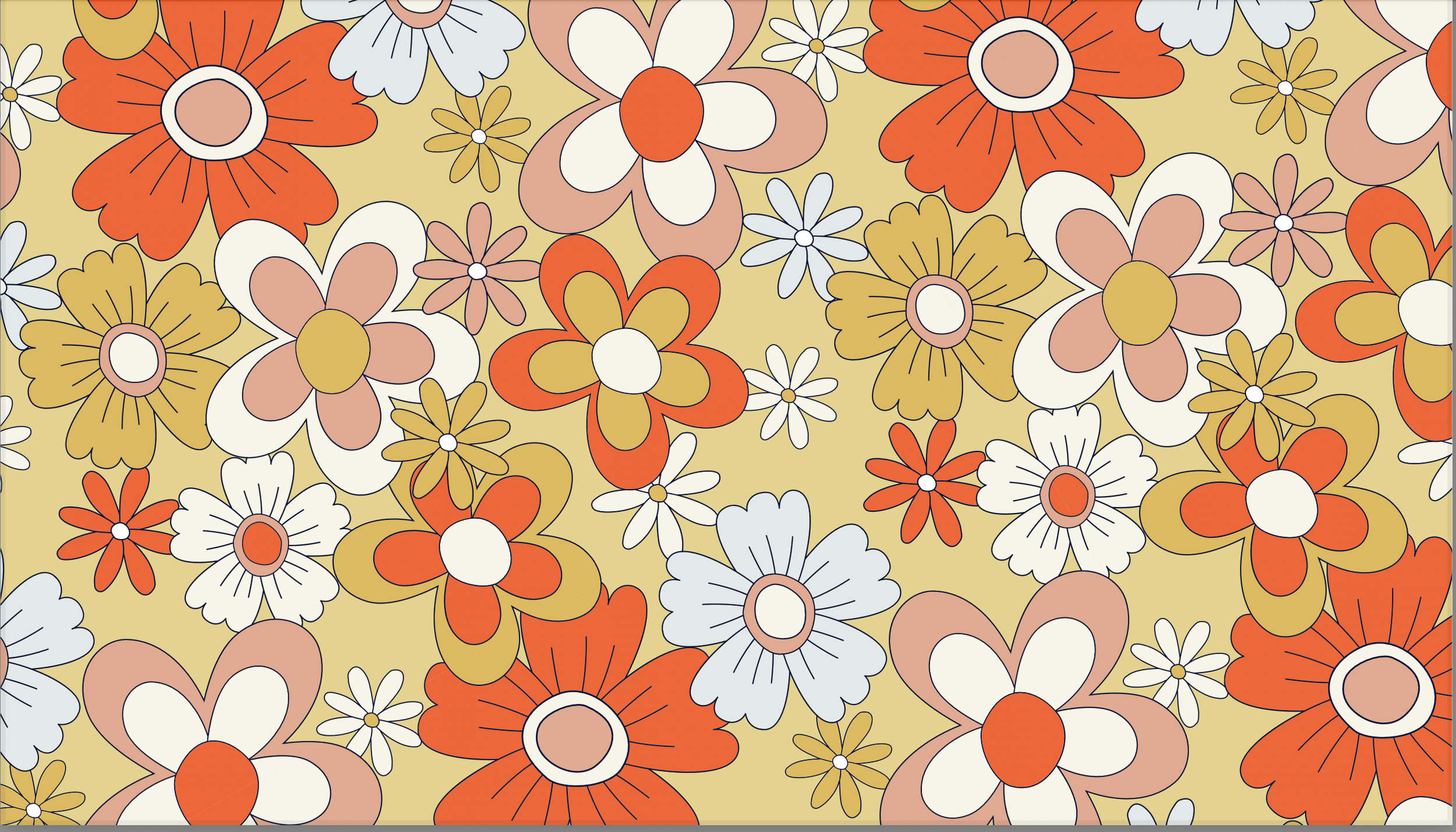
Bookbound Podcast
Are you hungry for behind-the-scenes advice from accomplished women authors?
Check out my new podcast with my friend, fellow author and Wave Literary Scout, Fran Hauser.

